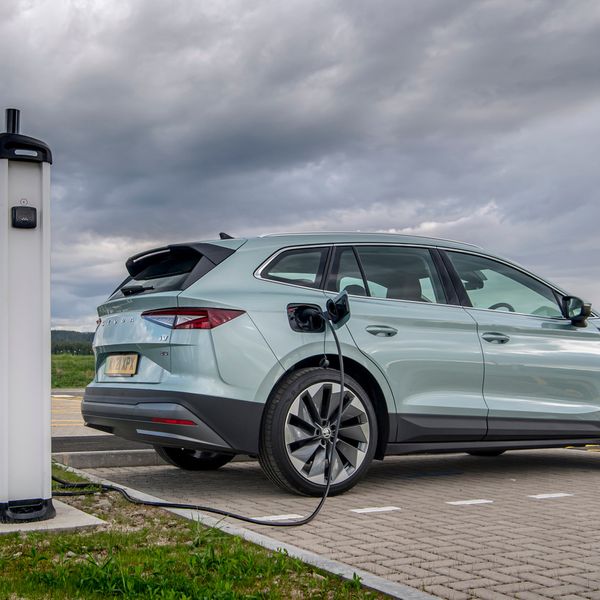Which suits you?
There are pros and cons for each. The one which is best for you will depend on the type of journeys you do most often and if you have access to charge easily. You will also need to check if you can get incentives to go electric, such as company car tax benefits, access to restricted zones in cities and free parking.
A hybrid is what we’re used to, except more efficient. And that’s pretty much it. You use it like a petrol or diesel car, can use a normal fuel station and never have to worry about charging, or range anxiety. If you do lots of long journeys to towns across the country, then a hybrid might work for you.
A PHEV is more expensive than a straight hybrid, but it can run for much greater distances on electric-only power. If you’re a business user, a PHEV can attract some serious Benefit-in-kind advantages, without ever having the practical issues of a pure electric car. It’s also as convenient as a hybrid, because if you can’t charge or are doing longer journeys, it just uses the engine. In a lot of ways, it’s the best of both worlds.
A pure electric car is quiet, calm, and quick. If you are on a long journey the charging takes longer than visiting a petrol station, but if you have home charging, you wake up every morning to a full “tank”. Bear this in mind if you think a pure electric car won’t work for you because you do a long trip a few times a year – the inconvenience of needing to stop for 30 minutes to rapid charge the battery is actually outweighed by the convenience of never having to visit a fuel station for the rest of the year.
And pure electric gets ALL of the tax incentives. You don’t pay congestion charges, there’s no road tax, and company car drivers will currently pay just 2% benefit in kind tax (2023-2024), which could save thousands every year.
What about the cost?
One of the biggest issues with pure electric vehicles is that batteries are expensive, so pure electric cars and even the PHEV will be more costly than their more traditional equivalents and the HEV. But you’ll claw a lot of that back with the lower running costs.
A PHEV is a good compromise, combining the convenience of a traditional car with some of the capability of a pure electric. If you plug one in regularly, you can seriously improve your efficiency without compromising convenience.
But as charging gets both faster and more convenient - and charging stations are popping up everywhere now - a pure EV is better to drive and for the environment as a whole.
Which means it is ultimately up to you. There is no definitive conclusion on which is best, so do the sums, analyse the driving you do and decide.
![]() Do your sums to work out which suits you best
Do your sums to work out which suits you best 













